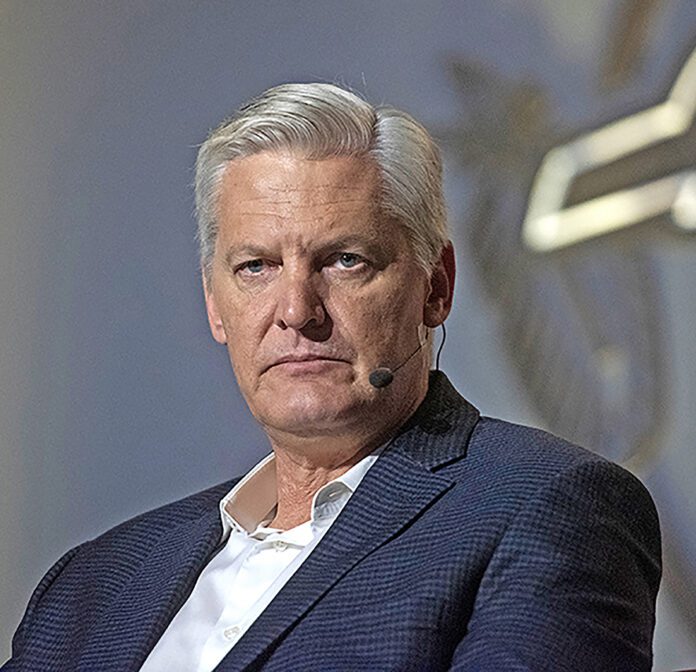The game being played on the Eskom chessboard typifies royal protection of kings and queens, with pawns spurred to the frontline to hold fort by order of power wielders deciding who to exit or retain to play as they deem fit.
The game includes overt and covert competing multinational and local private sector players baying for as big a slice of the Eskom pie by smashing and grabbing self-serving contracts caring less whether multiplicity predatory agendas nestling on Eskom leaves it dead or alive.
The revolving door of CEOs coming in or out of Eskom fits profiles of a range of personalities.
The profiles include black knowledgeable operators comfortable in their skins. Some just treated Eskom as a springboard to reach for greener pastures. And yet others stood out as hardworking souls caught in the web of politics strange to the nation’s interest.
In the year on which the power utility marks its 100 anniversary, Eskom resembles a patient on an operating table with conflicting medical teams on either side.
One side is geared at reviving the patient back to life while the other is set to perform final rites convinced that Eskom is a candidate for burial.
But for the operation to go ahead unhindered, there is just one word that should not be heard flying out of lips of the funeral undertakers of Eskom. The word is privatisation.
Albeit denials for the privatisation of Eskom are not convincing, unrepentant intent to privatise is forcibly implied.
A promise of the new dawn was the rhyme and reason behind the beat that sailed President Cyril Ramaphosa into the party presidency at the ANC’s Nasrec December 2017 elective conference.
Privatisation was not a welcomed agenda item.
The National Assembly elected Ramaphosa as president of the republic on February 15, 2018. On the power utility front, Phakamile Hadebe is CEO at Eskom.
The sunlight of hope refused to shine on Eskom. The impossible would even demand of Hadebe to catch the sun to add significant cheer in Ramaphosa’s Thuma Mina presidential hit song.
Tough choices there.
Either there is light or Hadebe shoulders a cross for sins hovering darkness on Ramaphosa’s new dawn parade. The miracle of success refuses to smile in Hadebe’s favour.
Minister of Public Enterprises Pravin Gordhan did not make things easier resting head between Hadebe’s ears and neck for results. Hadebe’s choices proved ominous. It was either his health or death on the job.
He chose health.
A way forward necessitates the hatching of plan. Getting a white CEO, reportedly taking a salary cut for his availability kills two birds with one stone. It alleviates with keeping angry black and white super and inferior complexes at bay.
Enters Andre de Ruyter as Eskom CEO. White’s natural affinity to their own stretches desired elasticity of understanding. It also buys time from blacks inclined to believe that white is a given solution until this understanding spectacularly proves otherwise.
There has never at Eskom been as protected and supported CEO as De Ruyter. Getting the arch Eskom critic Sikonathi Mantshantsha to serve as the utility’s spokesperson than outside barking was cherry to the cake.
Even with these elaborate plans darkness would not stop eclipsing the new dawn
In less than three years under De Ruyter’s tenure, South Africa endured 4 267 hours of loadshedding.
That the Department of Public Enterprises continued to err on the side of privatisation and the Department of Energy and Mineral Resources (DME) insisting that the power utility would be home to DME rather than public enterprices conjured images of two bulls locking horns over best marked territory for Eskom.
To calm the waters under the bridge of the two troubled departments, and their respective heads Gordhan and Gwede Mantashe, Ramaphosa established the Ministry of Electricity in the Presidency, in the person of Dr Kgosientso Ramakgopa.
Whether darkness will yield to light, time will tell. Suffice to add that unveiled electricity director-general Silas Zimu stands out as welcome choice.
• Ngwenya is corporate strategist, writer and freelance journalist
Follow @SundayWorldZA on Twitter and @sundayworldza on Instagram, or like our Facebook Page, Sunday World, by clicking here for the latest breaking news in South Africa. To Subscribe to Sunday World, click here



